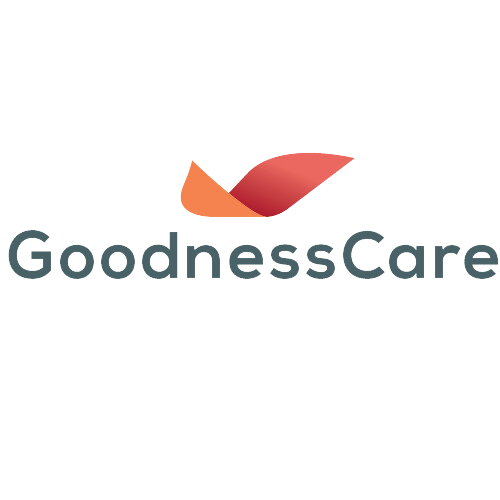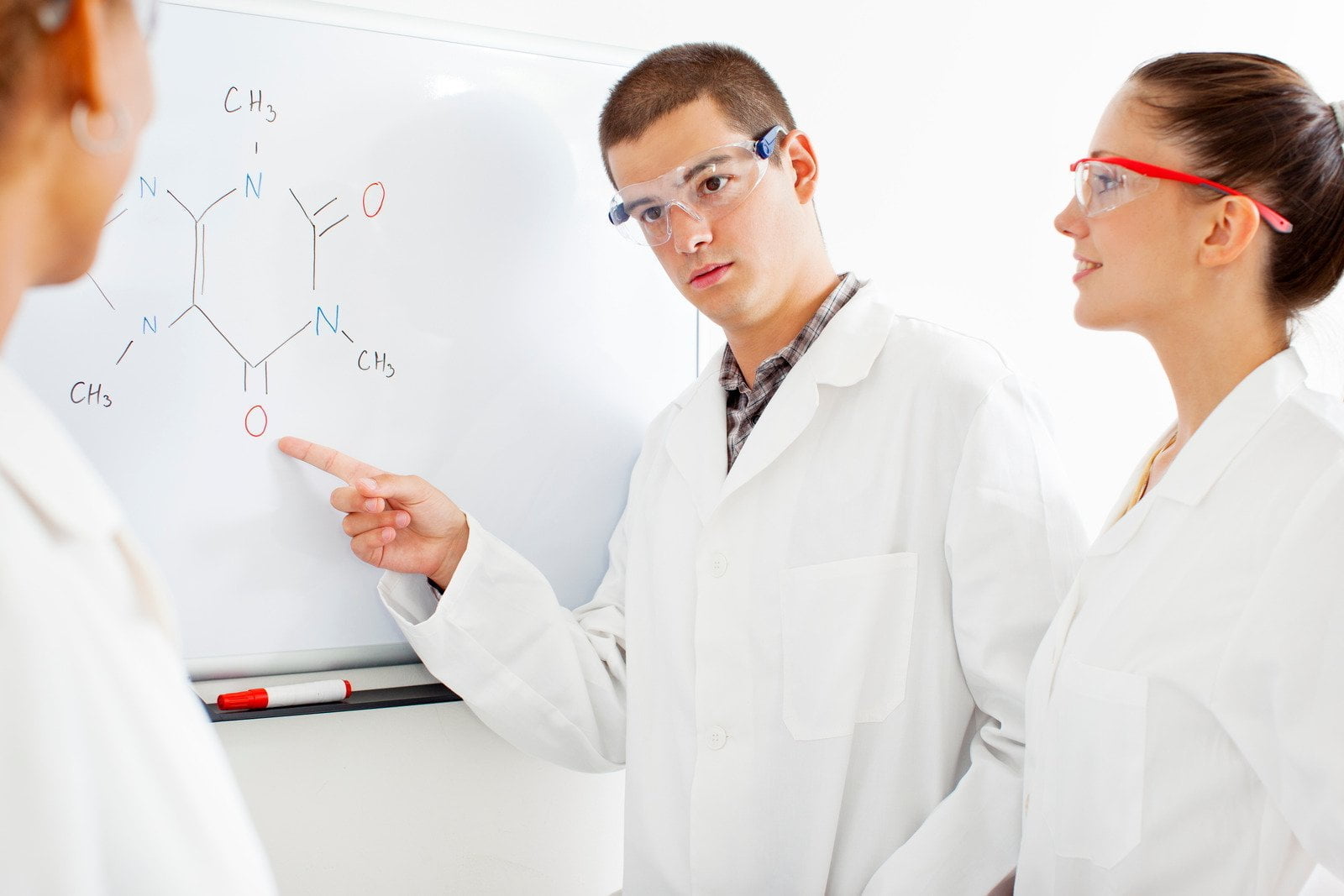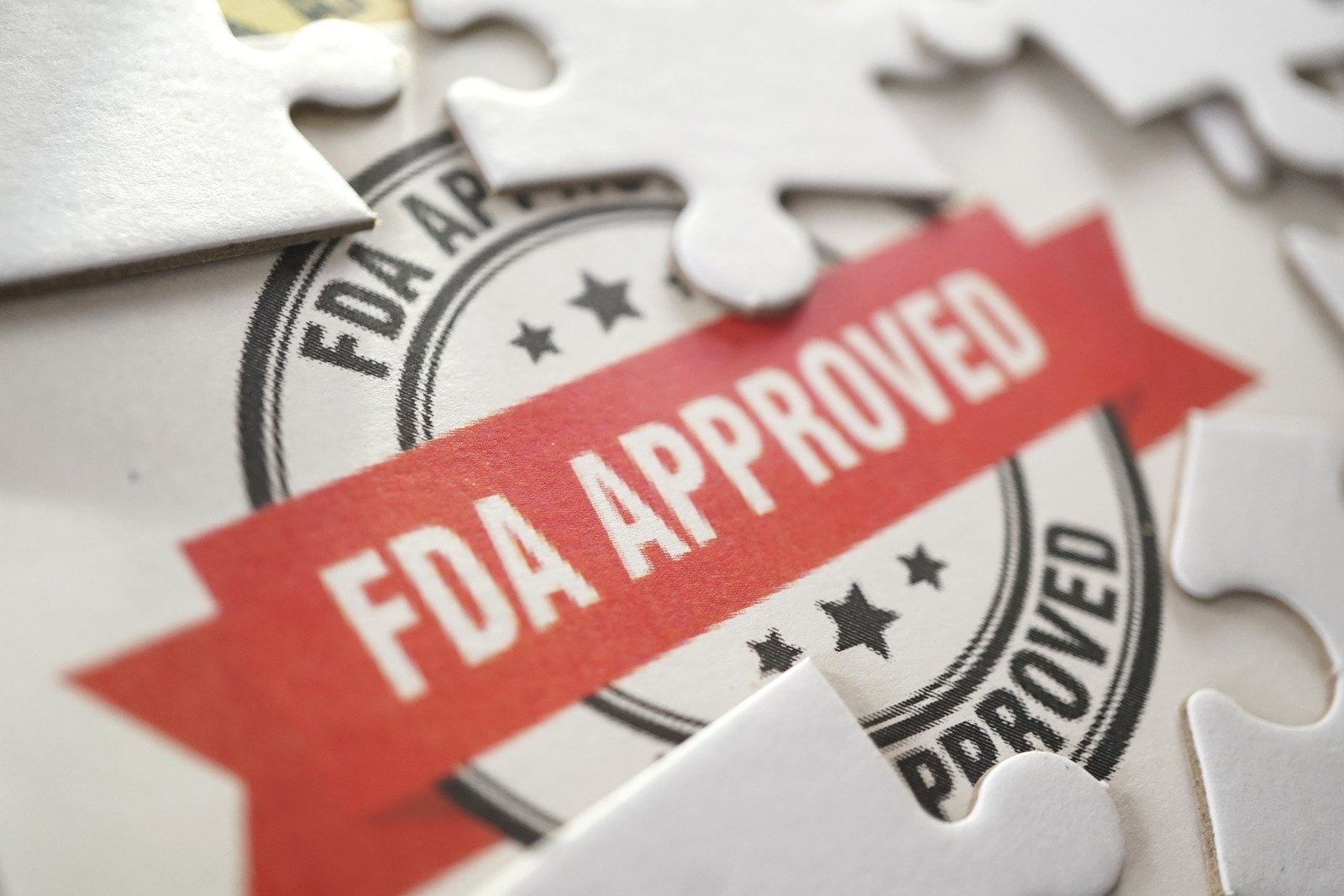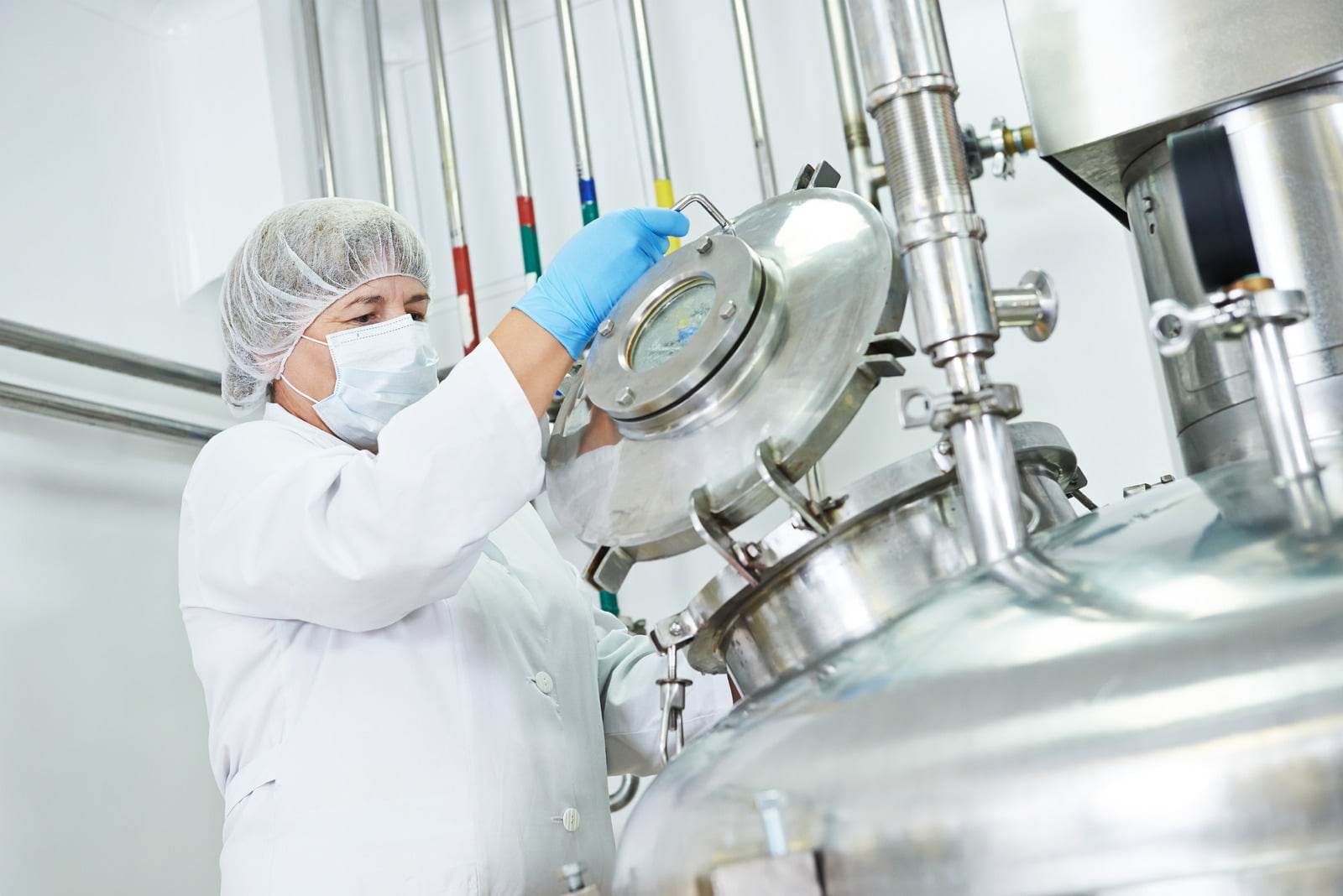Quality Metrics in the Pharmaceutical Industry
This workshop helps regulatory affairs employees, QA/QC staff, and production staff in pharmaceutical companies and drugstores to get a complete understanding of the importance of QMs in the pharmaceutical industry and how to respond and submit QMs data to regulatory authorities.
Technical Aspects of the Pharmaceutical Industry and Regulatory Affairs
The Technical Aspects of the Pharmaceutical Industry and Regulatory Affairs Training helps new regulatory affairs officers, fresh pharmacy graduates, regulatory affairs employees at regulatory agencies, chemists, QA officers, biologists, human resource managers, and other stakeholders at pharmaceutical companies and drugstores, to get oriented on all the technical aspects relevant within the pharmaceutical industry.
Cleaning Validation for Cosmetics and Medical Device Manufacturers
The Cleaning Validation for Cosmetics and Medical Device Manufacturers Training helps QA/QC officers, and technical managers at cosmetics and medical devices companies, to get a deep understanding of theoretical and practical aspects of cleaning validation objectives, regulatory requirements, acceptance criteria and required documentation of cleaning validation.
Introduction to ISO 17025 Training
This training helps participants understand and apply the ISO/IEC 17025:2005 standard. It examines the origins of the standard, practical concepts like document control, internal auditing, proficiency testing, traceability, measurement uncertainty, and method witnessing.
- Accreditation & its Benefits
- ISO/IEC 17025: 2005 Requirements
- Management Requirements
- Organization
- Management system
- Documents and records control
- Review of requests
- Purchasing
- Complaints
- Non- Conformance control
- CAPA
- Internal Audit
- Technical requirements
- Personnel
- Environmental conditions
- Test methods and method validation
- Equipment
- Traceability
- Uncertainty
- Sampling
- QC/ QA
- Results Reporting
Method of Analysis Development Training
This training provides pharmaceutical analysts with the theory and practice of HPLC instrumental analysis. It enables them to design the analysis method depending on the analyte’s physicochemical properties.
- Basic principles of HPLC chromatography.
- Components of HPLC instruments
- Types and mechanisms of chromatographic separation.
- HPLC detectors (UV, fluorescence, refractive index)
- Isocratic versus gradient pumps
- Types of stationary and mobile phases
- HPLC troubleshooting
- HPLC Method Development
Analytical Methods Validation Training
This training helps provide pharmaceutical analysts with a basic understanding (theoretically and practically) of analytical methods validation and enables them to design and implement the methods of analysis validation.
- Definition of analytical methods validation
- Considerations before method validation
- Methods of analysis validation protocols
- Verification versus Validation
- Regulatory authorities’ validation requirements
- Specificity / Selectivity
- Forced Degradation Studies
- Linearity & Range
- Accuracy
- Precision & Repeatability
- LOD / LOQ
- Robustness
- Ruggedness
- System Suitability





